
[xyz-ihs snippet="NavigationLinksBlock-1"]
Silent Night
(Christmas carol)
by Franz Xaver Gruber
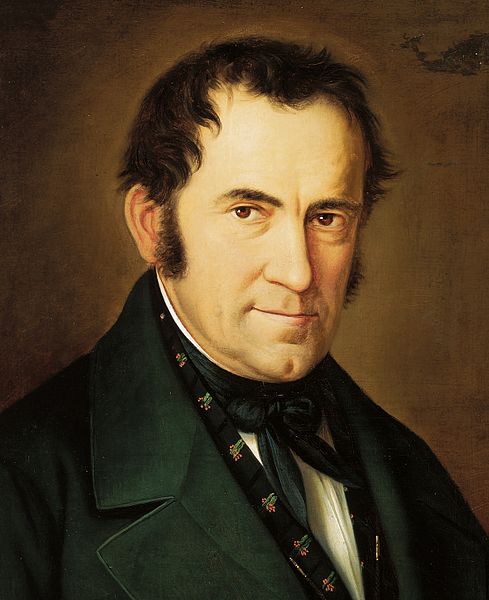
The "Silent Night" (German: "Stille Nacht, heilige Nacht") is a popular Christmas carol, composed in 1818 by Franz Xaver Gruber to lyrics by Joseph Mohr in the small town of Oberndorf bei Salzburg, Austria. It was declared an intangible cultural heritage by UNESCO in 2011. The song has been recorded by a large number of singers from every music genre. The version sung by Bing Crosby is the third best-selling single of all-time.
[video width="480" height="360" mp4="https://www.easypianoonline.com/wp-content/uploads/2018/12/silent_night.mp4"][/video]
Bing Crosby - Philco Playhouse - Silent Night - 1948
Lyrics
Silent night, holy night
All is calm, all is bright
'Round yon virgin Mother and Child
Holy infant so tender and mild
Sleep in heavenly peace
Sleep in heavenly peace
Silent night, holy night!
Shepherds quake at the sight!
Glories stream from heaven afar;
Heavenly hosts sing Al-le-lu-ia!
Christ the Savior is born!
Christ the Savior is born!
Christ the Savior is born!
Silent night, holy night
Son of God, oh, love's pure light
Radiant beams from Thy holy face
With the dawn of redeeming grace
Jesus, Lord at Thy birth
Jesus, Lord at Thy birth
Jesus, Lord at Thy birth
Lyrics: Joseph Mohr

[xyz-ihs snippet="NavigationLinksBlock-Common"]
Christmas Time is Here
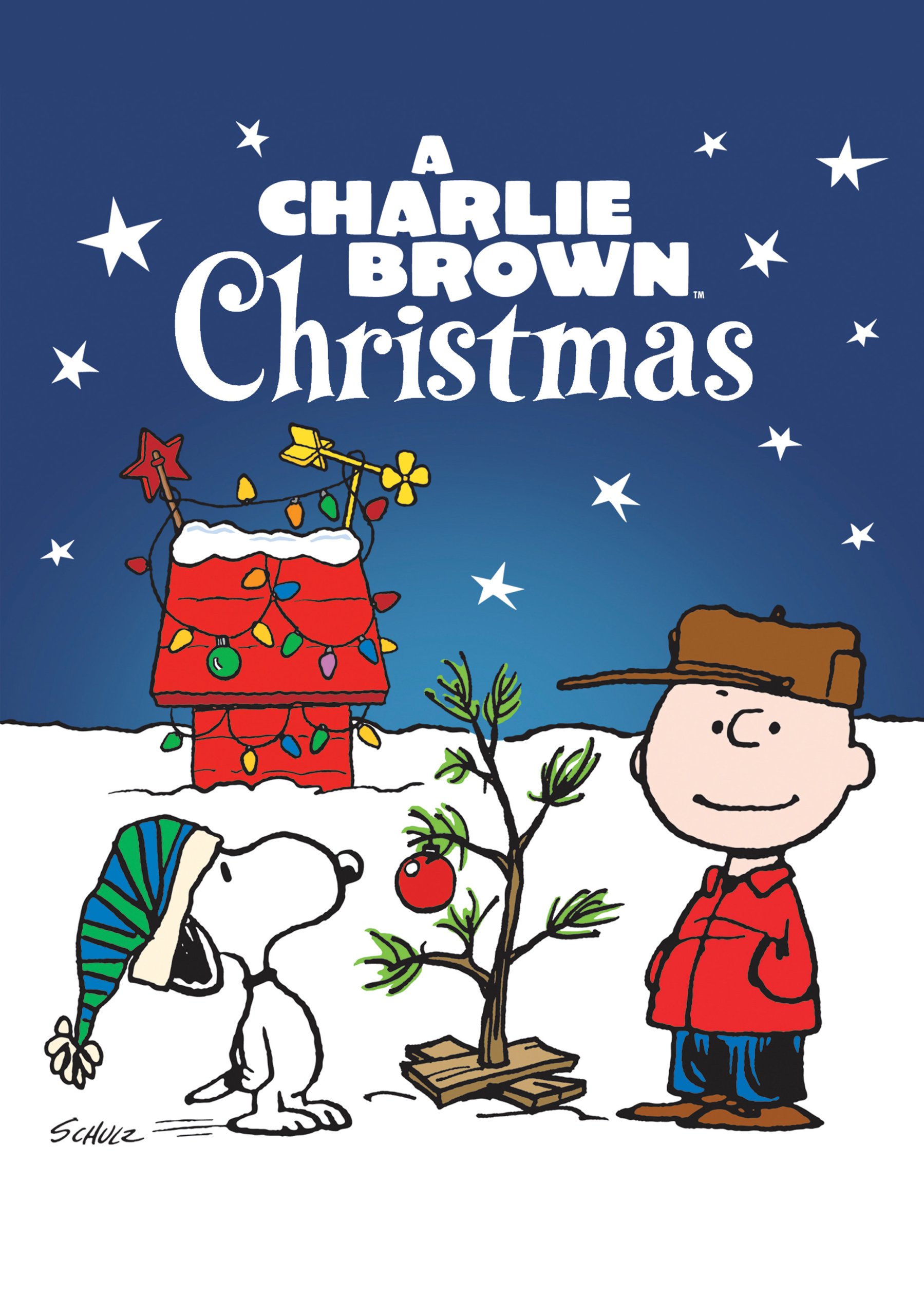
The "Christmas Time is Here" is the opening song from A Charlie Brown Christmas, written by Lee Mendelson and Vince Guaraldi.
Sung by the choir of St. Paul's Episcopal Church, it is heard as Charlie Brown and Linus join the rest of the Peanuts gang in ice skating on the frozen pond. Two versions of it appear on the special's soundtrack album - the vocal version as heard at the beginning of the special, and a six-minute instrumental version which appears as background music during the special. The instrumental version was later used, rearranged by David Benoit, in It's Christmastime Again, Charlie Brown and I Want a Dog for Christmas, Charlie Brown.
[video width="640" height="360" mp4="https://www.easypianoonline.com/wp-content/uploads/2018/12/ChristmasTimeIsHere.mp4"][/video]
Lyrics
Happiness and cheer
Fun for all that children call
Their favorite time of the year
Snowflakes in the air
Carols everywhere
Olden times and ancient rhymes
Of love and dreams to share
Sleigh bells in the air
Beauty everywhere
Yuletide by the fireside
And joyful memories there
Christmas time is here
We'll be drawing near
Oh, that we could always see
Such spirit through the year
Oh, that we could always see
Such spirit through the year
Songwriters: Lee Mendelson / Vince Guaraldi

[xyz-ihs snippet="NavigationLinksBlock-Common"]
All I Ask of You
by Andrew Lloyd Webber
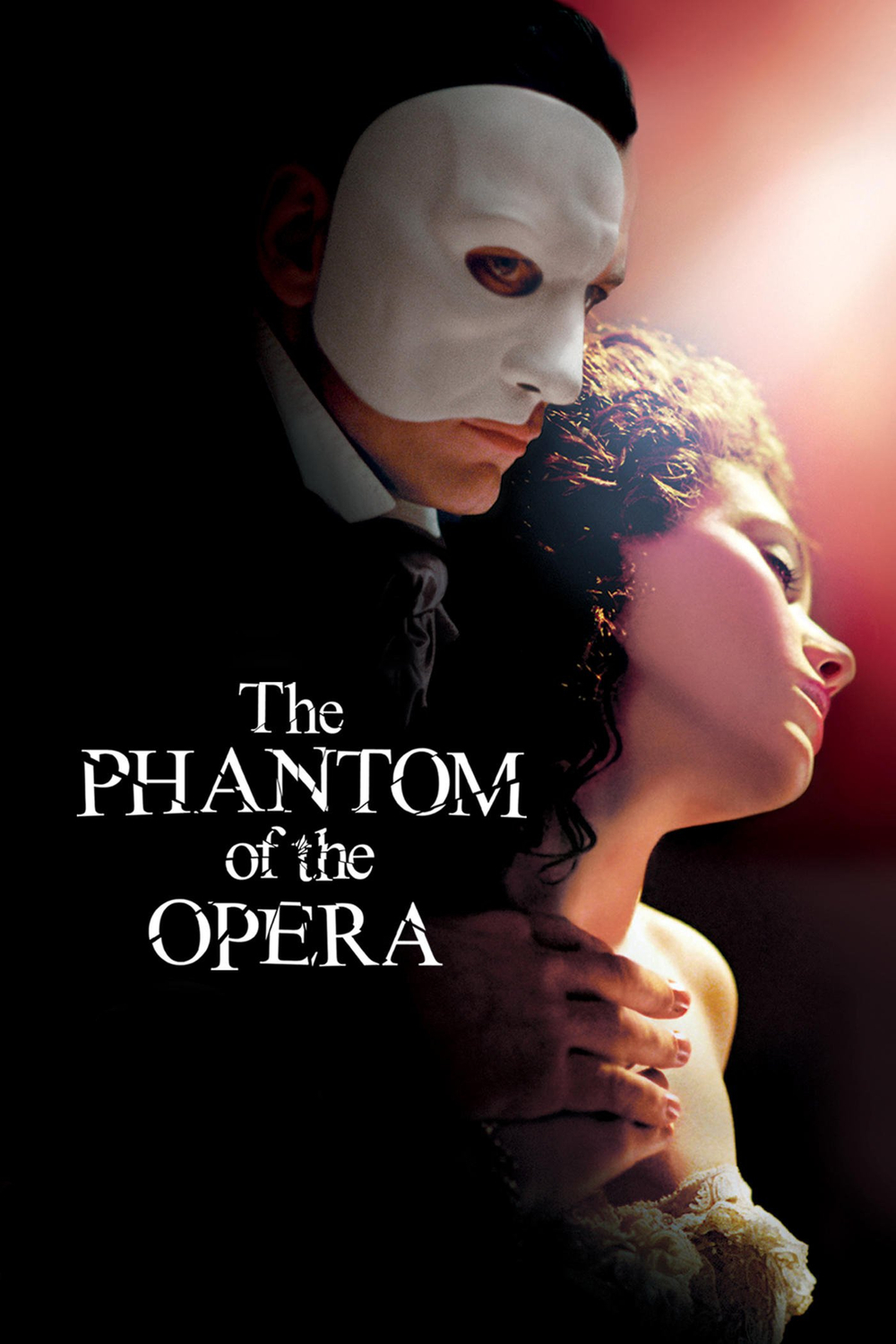
The "All I Ask of You by Andrew Lloyd Webber" is a song from the English musical The Phantom of the Opera, between characters Christine Daaé and Raoul, originally played on stage by Sarah Brightman and Steve Barton, respectively. It was written by Andrew Lloyd Webber, Charles Hart and Richard Stilgoe, and solely produced by Lloyd Webber. An operatic pop piece, its lyrics serve as dialogue between the two characters and discuss themes such as commitment and romance. Like Lloyd Webber's song "The Music of the Night", "All I Ask of You" was compared to the music found in Giacomo Puccini's 1910 opera La fanciulla del West.
[video width="640" height="360" mp4="https://www.easypianoonline.com/wp-content/uploads/2018/11/AllIAskofYou.mp4"][/video]
From the 2004 film version of The Phantom of the Opera.
Performed by Patrick Wilson as Raoul and Emmy Rossum as Christine.
Lyrics
No more talk of darkness,
Forget these wide-eyed fears;
I'm here, nothing can harm you,
My words will warm and calm you.
Let me be your freedom,
Let daylight dry your tears;
I'm here, with you, beside you,
To guard you and to guide you.
Say you love me every waking moment,
Turn my head with talk of summertime.
Say you need me with you now and always;
Promise me that all you say is true,
That's all I ask of you.
Let me be your shelter,
Let me be your light;
You're safe, no one will find you,
Your fears are far behind you.
All I want is freedom,
A world with no more night;
And you, always beside me,
To hold me and to hide me.
Then say you'll share with me one love, one lifetime;
Let me lead you from your solitude.
Say you need me with you, here beside you,
Anywhere you go, let me go too,
Christine, that's all I ask of you
Say you'll share with me one love, one lifetime;
Say the word and I will follow you.
Share each day with me,
Each night, each morning.
Say you love me!
RAOUL
You know I do.
Anywhere you go, let me go to
Love me, that's all I ask of you.
(they kiss)
I must go
They'll wonder where I am
Wait for me Raoul!
Christine I love you!
Order your fine horses!
Be with them at the door!
And soon you'll be beside me!
You'll guard me and you'll guide me
(they hurry off and the phantom emerges from behind the statue)
I gave you my music
Made your song take wing
And now how you've repaid me
Denied me and betrayed me
He was bound to love you when he heard you sing
Christine
Christine
Say you'll share with me one love,
One lifetime say the word and I will follow you
Share each day with me, each night, each morning
You will curse the day you did not do
All that the Phantom asked of you!
Go!
Songwriters: Charles Hart / Andrew Lloyd Webber / Richard Stilgoe

[xyz-ihs snippet="NavigationLinksBlock-Common"]
Edelweiss
by Rogers and Hammerstein
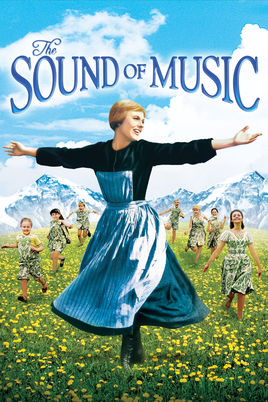
The "Edelweiss (German: lit. "noble white") by Rogers and Hammerstein" is a show tune from the 1959 Rodgers and Hammerstein musical The Sound of Music. It is named after the edelweiss, a white flower found high in the Alps (Leontopodium alpinum). It was created for the 1959 Broadway production of The Sound of Music in the role originated by performer Theodore Bikel as a song for the character of Captain Georg Ludwig von Trapp. In the musical, Captain von Trapp and his family sing this song during the concert near the end of Act II as a statement of Austrian patriotism in the face of the pressure put upon him to join the navy of Nazi Germany following the Anschluss. It is also Captain von Trapp's subliminal goodbye to his beloved homeland, using the flower as a symbol of his loyalty to Austria. In the 1965 film adaptation, the song is also sung by the Captain earlier in the film when he rediscovers music with his children.
[video width="640" height="360" mp4="https://www.easypianoonline.com/wp-content/uploads/2018/11/edelweiss.mp4"][/video]
Edelweiss (song from The Sound of Music)
Lyrics
Edelweiss Edelweiss
Every morning you greet me
Small and white
Clean and bright
You look happy to meet me
Blossom of snow may you bloom and grow
Bloom and grow forever
Edelweiss Edelweiss
Bless my homeland forever
Songwriters: Robin Spielberg / Richard Rodgers / Oscar Hammerstein


[xyz-ihs snippet="NavigationLinksBlock-Common"]
Prelude in C Major
by Johann Sebastian Bach
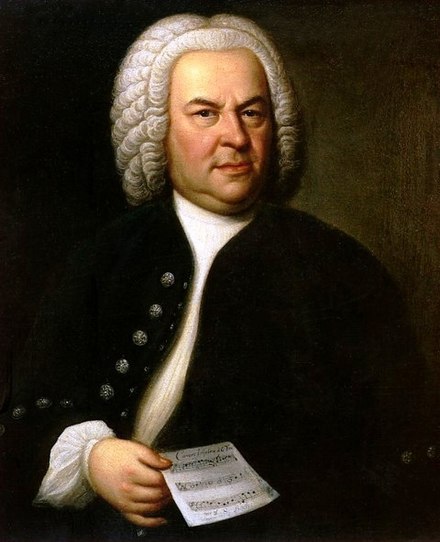
The "Prelude in C Major by J.S. Bach in C Major, BWV 846", is a keyboard composition written by Johann Sebastian Bach. It is the first prelude and fugue in the first book of The Well-Tempered Clavier, a series of 48 preludes and fugues by the composer. An early version of the prelude, BWV 846A, is found in the Klavierbüchlein für Wilhelm Friedemann Bach.
[video width="640" height="360" mp4="https://www.easypianoonline.com/wp-content/uploads/2020/12/Bach-Prelude-in-C-Major-Glen-Gould.mp4"]
Glenn Gould plays Bach Prelude in C Major
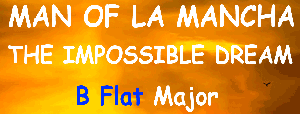
The Impossible Dream
(in B Flat Major)
by Leigh
"The Impossible Dream" is a popular song composed by Mitch Leigh, with lyrics written by Joe Darion. The song is the most popular song from the 1965 Broadway musical Man of La Mancha and is also featured in the 1972 film of the same name starring Peter O'Toole.
[caption id="attachment_2493" align="aligncenter" width="148"]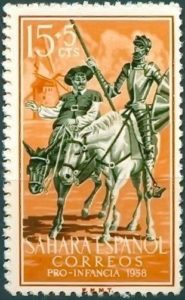 Man of La Mancha[/caption]
Man of La Mancha[/caption]
The complete song is first sung by Don Quixote as he stands vigil over his armor, in response to Aldonza (Dulcinea)'s question about what he means by "following the quest". It is reprised partially three more times – the last by prisoners in a dungeon as Miguel de Cervantes and his manservant mount the drawbridge-like prison staircase to face trial by the Spanish Inquisition.
It was awarded the Contemporary Classics Award from the Songwriter's Hall of Fame.
------------------ Lyrics --------------------
To dream the impossible dream
To fight the unbeatable foe
To bear with unbearable sorrow
To run where the brave dare not go
To right the unrightable wrong
To love pure and chaste from afar
To try when your arms are too weary
To reach the unreachable star
This is my quest, to follow that star
No matter how hopeless, no matter how far
To fight for the right
Without question or pause
To be willing to march
Into hell for a heavenly cause
And I know if I'll only be true
To this glorious quest
That my heart will lay peaceful and calm
When I'm laid to my rest
And the world will be better for this
That one man scorned and covered with scars
Still strove with his last ounce of courage
To fight the unbeatable foe
To reach the unreachable star
Songwriters: Joe Darion / Mitchell Leigh
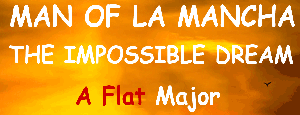
The Impossible Dream
(in B Flat Major)
by Leigh
"The Impossible Dream" is a popular song composed by Mitch Leigh, with lyrics written by Joe Darion. The song is the most popular song from the 1965 Broadway musical Man of La Mancha and is also featured in the 1972 film of the same name starring Peter O'Toole.
[caption id="attachment_2493" align="aligncenter" width="148"] Man of La Mancha[/caption]
Man of La Mancha[/caption]
The complete song is first sung by Don Quixote as he stands vigil over his armor, in response to Aldonza (Dulcinea)'s question about what he means by "following the quest". It is reprised partially three more times – the last by prisoners in a dungeon as Miguel de Cervantes and his manservant mount the drawbridge-like prison staircase to face trial by the Spanish Inquisition.
It was awarded the Contemporary Classics Award from the Songwriter's Hall of Fame.
------------------ Lyrics --------------------
To dream the impossible dream
To fight the unbeatable foe
To bear with unbearable sorrow
To run where the brave dare not go
To right the unrightable wrong
To love pure and chaste from afar
To try when your arms are too weary
To reach the unreachable star
This is my quest, to follow that star
No matter how hopeless, no matter how far
To fight for the right
Without question or pause
To be willing to march
Into hell for a heavenly cause
And I know if I'll only be true
To this glorious quest
That my heart will lay peaceful and calm
When I'm laid to my rest
And the world will be better for this
That one man scorned and covered with scars
Still strove with his last ounce of courage
To fight the unbeatable foe
To reach the unreachable star
Songwriters: Joe Darion / Mitchell Leigh

Still a Bach Christmas
(J.S. Bach arranged by Jay Althouse)
[caption id="attachment_2453" align="aligncenter" width="179"]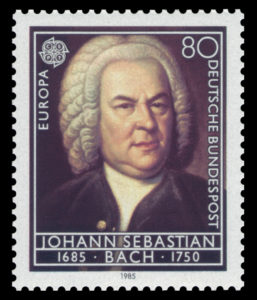 Johann Sebastian Bach[/caption]
Johann Sebastian Bach[/caption]
The "Still a Bach Christmas by J.S. Bach "

[xyz-ihs snippet="NavigationLinksBlock-Common"]
Happy Birthday to You
by Mildred and Patty Hill

The "Happy Birthday to You", also known as "Happy Birthday", is a song traditionally sung to celebrate the anniversary of a person's birth. According to the 1998 Guinness World Records, it is the most recognized song in the English language, followed by "For He's a Jolly Good Fellow". The song's base lyrics have been translated into at least 18 languages. The melody of "Happy Birthday to You" comes from the song "Good Morning to All", which has traditionally been attributed to American sisters Patty and Mildred J. Hill in 1893, although the claim that the sisters composed the tune is disputed.
[video width="640" height="360" mp4="https://www.easypianoonline.com/wp-content/uploads/2018/11/HappyBirthday.mp4"][/video]
Lyrics
Happy Birthday to You
Happy Birthday to You
Happy Birthday Dear (name)
Happy Birthday to You.
From good friends and true,
From old friends and new,
May good luck go with you,
And happiness too.
Alternative ending:
How old are you?
How old are you?
How old, How old
How old are you?

[xyz-ihs snippet="NavigationLinksBlock-Common"]
Memory
(from Cats)
by Andrew Lloyd Webber

The "Memory" is a show tune from the 1981 musical Cats It is sung by the character Grizabella, a one-time glamour cat who is now only a shell of her former self.
The song is a nostalgic remembrance of her glorious past and a declaration of her wish to start a new life. Sung briefly in the first act and in full near the end of the show, "Memory" is the climax of the musical, and by far its most popular and best-known song. Elaine Paige originated the role of Grizabella in the West End production of Cats, the first to perform the song publicly on stage and bringing attention to its writers Andrew Lloyd Webber and Trevor Nunn, who received the 1981 Ivor Novello award for Best Song Musically and Lyrically.
[video width="640" height="360" mp4="https://www.easypianoonline.com/wp-content/uploads/2018/11/memory.mp4"][/video]
Elaine Paige as Grizzibella
Lyrics
Has the moon lost her memory?
She is smiling alone
In the lamplight, the withered leaves collect at my feet
And the wind begins to moan
Memory, all alone in the moonlight
I can dream of the old days
I was beautiful then
I remember the time I knew what happiness was
Let the memory live again
Every streetlamp seems to beat
A fatalistic warning
Someone mutters and the street lamp gutters
And soon
It will be morning
Daylight
I must wait for the sunrise
I must think of a new life
And I mustn''t give in.
When the dawn comes
Tonight will be a memory too
And a new day will begin
Burnt out ends of smoky days
The stale cold smell of morning
A streetlamp dies; another night is over
Another day is dawning
Touch me!
It''s so easy to leave me
All alone with the memory
Of my days in the sun
If you touch me, you''ll understand what happiness is
Look, a new day has begun.
Songwriters: Andrew Lloyd Webber / Trevor Nunn / T.S. Eliot / Zdenek Hruby

[xyz-ihs snippet="NavigationLinksBlock-Common"]
Star Wars (Main Title)
by John Williams

The "Star Wars (Main Title)" is a 1977 instrumental hit single composed and conducted by John Williams. It is the main musical theme of Star Wars. It was performed by the London Symphony Orchestra. The track became a hit in the United States (#10) and Canada (#13) during the fall of that year. The composition draws influence from Erich Wolfgang Korngold's score for the 1942 film “Kings Row".
[video width="640" height="360" mp4="https://www.easypianoonline.com/wp-content/uploads/2018/11/StarWarsMainTitle.mp4"][/video]
Star Wars (main theme) - John Williams
BBC Concert Orchestra
Conductor Keith Lockhart
BBC Proms no.38 Film Music Prom 12/8/11
More tutorials for music by John Williams:


[xyz-ihs snippet="NavigationLinksBlock-Common"]
Prelude Op.28 No.7
by Frederic Chopin
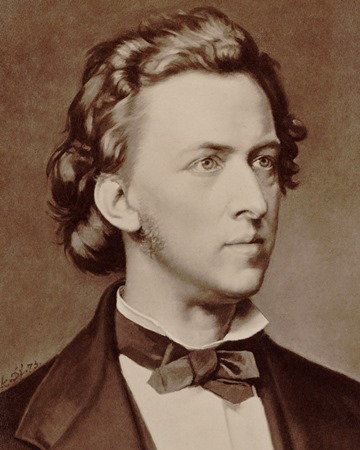
The "Prelude Op.28 No.7", the seventh Prelude, in A major, brings a Terpsichorean songfulness: it is a mazurka. It astonishes and captivates one with the simplicity of its melody and the subtlety of its harmonic accompaniment. It is assigned to the category of idyllic preludes. Zygmunt Noskowski called the seventh Prelude ‘an errant – among the rest of the preludes – sunbeam’, and he composed mighty symphonic variations on its theme. Alfredo Casella paraphrased this prelude, not without a certain wit. Words have repeatedly been set to the A major Prelude. With words by Miłosz Kotarbiński (‘Czemu sercu smutno…’ [Why this sadness in my heart…]), it functioned at one time as a salon ‘hit’. Nowadays, it inspires jazz impressions.
[video width="640" height="360" mp4="https://www.easypianoonline.com/wp-content/uploads/2020/12/Chopin-Prelude-Op-28-No-7-in-A-Major.mp4"]

[xyz-ihs snippet="NavigationLinksBlock-Common"]
Prelude
Op.28 No.6
by Frederic Chopin

The "Prelude Op.28 No.6 by Chopin" in B minor, returns to the elegiac mood of the Prelude in E minor. In the melody, shifted into the cello register, a keening tone has been heard. George Sand was the first listener to note that it ‘casts the soul into fearful depression’. It is one of the two preludes described as ‘raindrop’, on account of the insistent repetition of notes in the upper part.
[video width="640" height="360" mp4="https://www.easypianoonline.com/wp-content/uploads/2020/12/Arthur-Rubinstein-ChopinPrelude-No-6-Op-28-B-minor.mp4"]

[xyz-ihs snippet="NavigationLinksBlock-Common"]
The Phantom of the Opera
by Andrew Lloyd Webber

The "The Phantom of the Opera" is a musical with music by Andrew Lloyd Webber and lyrics by Charles Hart. Richard Stilgoe and Lloyd Webber wrote the musical's book together. Stilgoe also provided additional lyrics.
Based on the eponymous French novel by Gaston Leroux, its central plot revolves around a beautiful soprano, Christine Daaé. Soon Christine Daaé becomes the obsession of a mysterious, disfigured musical genius living in the subterranean labyrinth beneath the Paris Opéra House. The musical opened in London's West End in 1986, and on Broadway in 1988. In 1986 it won the Olivier Award and the 1988 Tony Award for Best Musical.
Michael Crawford (in the title role) won the Olivier and Tony Awards for Best Actor in a Musical. The Phantom of the Opera is the longest running show in Broadway history by a wide margin, and celebrated its 10,000th Broadway performance on 11 February 2012, the first production ever to do so. Finally, it is the second longest-running West End musical, after Les Misérables, and the third longest-running West End show overall, after The Mousetrap.
[video width="640" height="268" mp4="https://www.easypianoonline.com/wp-content/uploads/2018/11/ThePhantomOfTheOpera.mp4"][/video]
Lyrics
In dreams he came
That voice which calls to me
And speaks my name
And do I dream again?
For now I find
The phantom of the opera is there
Inside my mind
Sing once again with me
Our strange duet
My power over you
Grows stronger yet
And though you turn from me
To glance behind
The phantom of the opera is here
Inside your mind
Those who have seen your face
Draw back in fear
I am the mask you wear
It's me they hear
My spirit and my voice
In one combined
The phantom of the opera is there
Inside my mind
In all your fantasies you always knew
That man and mystery were both in you
And in this labyrinth
Where night is blind
The phantom of the opera is here
Inside my mind
He's there
The phantom of the opera
Songwriters: Mike Batt / Andrew Lloyd Webber / Richard Stilgoe

[xyz-ihs snippet="NavigationLinksBlock-Common"]
Musetta's Waltz
(from La Bohème)
by Giacomo Puccini
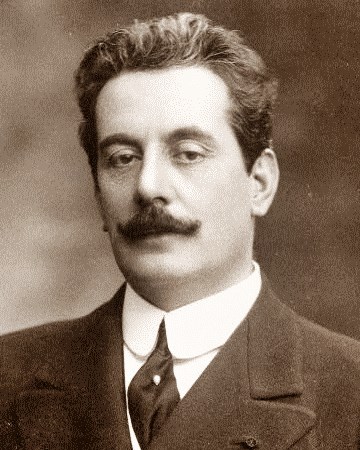
The "Musetta's Waltz", also known as "Quando m'en vo' ", is a soprano aria, a waltz in act two of Puccini's opera La bohème. It is sung by Musetta, in the presence of her bohemian friends, hoping to reclaim the attention of her occasional boyfriend Marcello.
[video width="640" height="360" mp4="https://www.easypianoonline.com/wp-content/uploads/2018/11/MusettasWaltzSong.mp4"][/video]
Aida Garifullina sings from Puccini's opera 'La Bohème' the aria of the musette: "Quando me'n vo". - Grafenegg Summer Night Gala 2017. Tonkünstler-Orchester Niederösterreich / Conductor: Yutaka Sado.
Lyrics (Italian)
Quando men vo soletta per la via,
la gente sosta e mira
e la bellezza mia tutta ricerca in me
da capo a piè ...
Ed assaporo allor la bramosia
sottil, che da gli occhi traspira
e dai palesi vezzi intender sa
alle occulte beltà.
Così l'effluvio del desìo tutta m'aggira,
felice mi fa!
E tu che sai, che memori e ti struggi
da me tanto rifuggi?
So ben:
Le angoscie tue non le vuoi dir,
ma ti senti morir!
Lyrics (English)
When I walk
When I walk all alone in the street,
people stop and stare at me
and look for my whole beauty
from head to feet ...
And then I taste the slight yearning
which transpires from their eyes
and which is able to perceive from manifest charms
to most hidden beauties.
So the scent of desire is all around me,
it makes me happy!
And you, while knowing, reminding and longing,
you shrink from me?
I know it very well:
you don't want to express your anguish,
but you feel as if you're dying!







































